Juris Doctor David Matas
On human organ harvesting and transplant abuses
Political abuse of psychiatry, defined as the misuse of psychiatric diagnosis, treatment, and institutionalization for political or social objectives, is a topic of significant concern. Despite global condemnation, these practices continue to be observed in various forms across the world. A pivotal hybrid event on the state of the practice worldwide will be hosted online on October 1st and 2nd, the 27th of October, and 10th and 11th of ember, gathering leading experts, survivors, and advocates to illuminate this pressing issue. Awareness will be raised, dialogue promoted, and action inspired through discussions and talks.

Punitive psychiatry and political abuses within the field of mental health are deeply concerning issues that have been prevalent in repressive and totalitarian regimes throughout history. Such abuses often involve misusing psychiatric diagnoses and treatments to control individuals, including those who dissent or live peacefully according to their own beliefs and identities. The victims of these abuses extend to not only the patients but also the professionals who may be compelled to comply with orders that harm their patients. These practices may target specific groups, including religious minorities, ethnic communities, or marginalized populations. Instead of only individuals advocating for human rights, these targeted collectives may simply be living their lives peacefully and seeking to express their identities without facing repressive measures.
An infamous example of punitive psychiatry is the historical medicalization of homosexuality, where same-sex attraction was classified as a mental disorder. This led to the pathologization of LGBTQ+ individuals and subjected them to involuntary psychiatric treatments, like conversion therapy, perpetuating discrimination and marginalization. Similarly, religious minorities and indigenous communities who challenged the mainstream or advocated for their rights were falsely diagnosed with "religious mania" or "delusions of grandeur." This served to stigmatize and marginalize them, leading to confinement in psychiatric facilities or re-education camps, branding their beliefs as "deviant" or "dangerous."
Apart from targeting homosexuality, religious minorities, and ethnic communities, even low-level dissent faces punitive psychiatric practices. Women who challenge traditional gender roles and strive for equality have historically been accused of mental instability or "hysteria," silencing their voices and marginalizing their efforts. Dissident groups, advocating for the rights of religious and ethnic minorities, are also subjected to psychiatric labeling to suppress their opposition and dissent, discrediting their calls for social justice and cultural preservation.
The consequences of these abuses extend to extreme cases where psychiatric hospitals are employed as tools of political repression. Serving as de facto prisons, individuals are detained indefinitely without due process, subjected to abuse, and isolated from society, in clear violation of human rights. Such actions erode public trust in mental health institutions and jeopardize the well-being of vulnerable individuals.
To combat punitive psychiatry and political abuses, vigilance, monitoring, and accountability measures are crucial. Human rights organizations and mental health professionals play vital roles in advocating for ethical psychiatric care, challenging the misuse of psychiatry for repression. Raising awareness about these abuses is imperative to protect the rights and dignity of all individuals, fostering societies that respect diversity, dissent, and the universal right to freedom of expression. Acknowledging and addressing these historical injustices will pave the way for a future where mental health care aligns with human rights principles, promoting empathy, compassion, and justice for all.
It is imperative to address the needs of both the victims and the mental health professionals who may find themselves forced to comply with harmful orders.
As a society, we have a duty to protect and support all those affected by punitive psychiatry and political abuses. Advocating for human rights, ensuring ethical practices within mental health care, and fostering a culture of empathy and understanding are essential steps in addressing these deeply troubling issues. By standing against any form of abuse, providing resources and support for victims and professionals, we can work together to create a more just and compassionate environment that upholds the dignity and rights of all individuals.


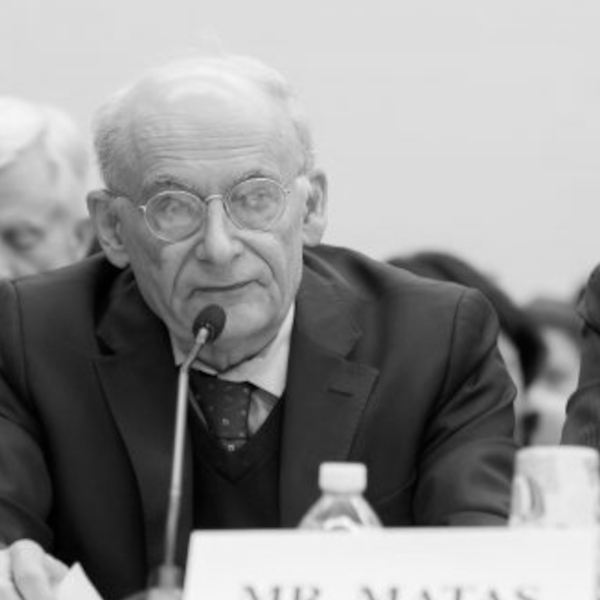

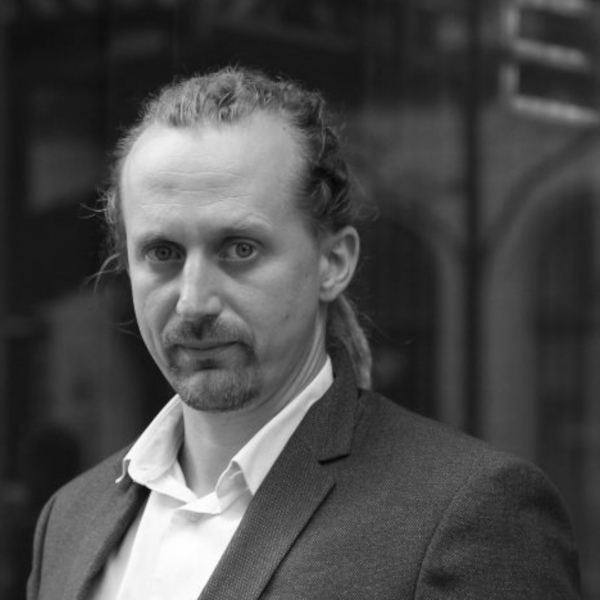
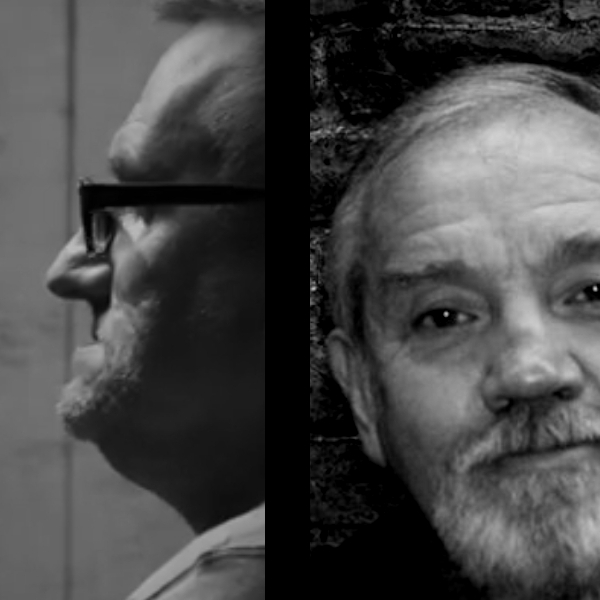

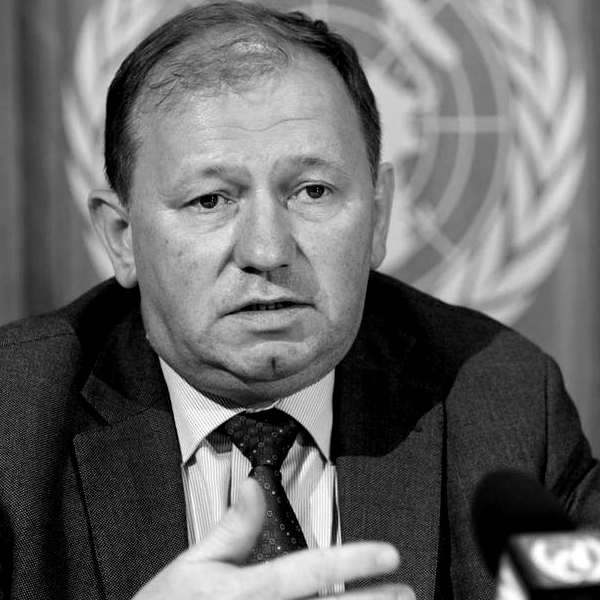



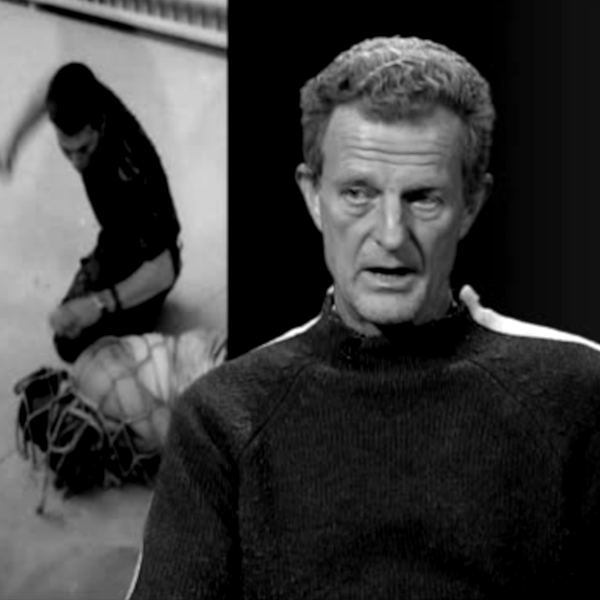

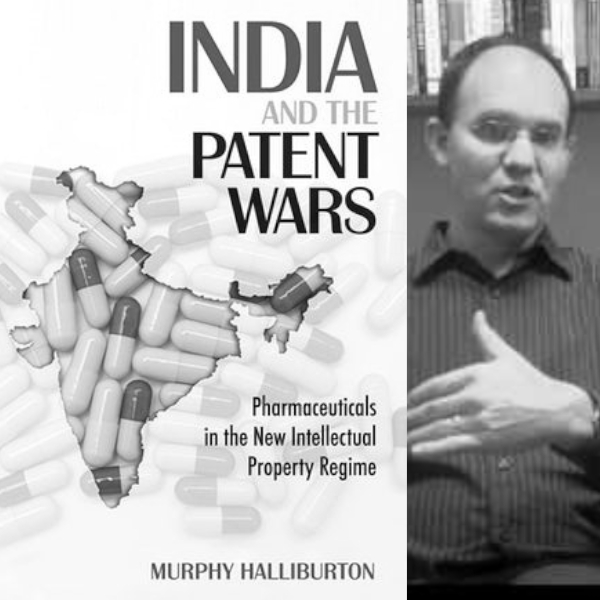
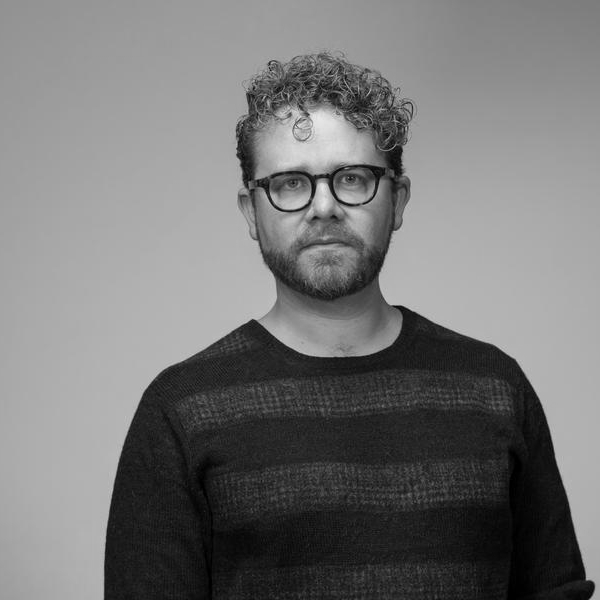
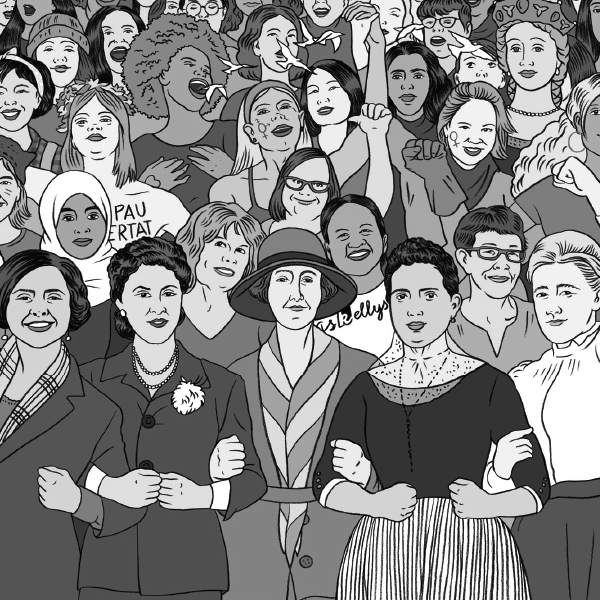
On human organ harvesting and transplant abuses
On ongoing political abuses in Venezuela
on ongoing political abuses in the People's Republic of China
On the mad pride movement in LATAM
On medication and normlcay
On human rights in the Czech Republic mental healthcare
On political uses of psychiatric detentions in the U.S. and Canada
On the Shield support network
On the right to health and well-being
On the global mental health programme
To be confirmed
On violence in mental healthcare
On the Shield support network
On
To be confirmed
On Riff societies and mental health
On informal psychiatric human rights violations
To be confirmed
To be confirmed
On LGBT+, mad pride in UK and restorative justice
On mad pride in Spain
On the rights and support of LGBT+